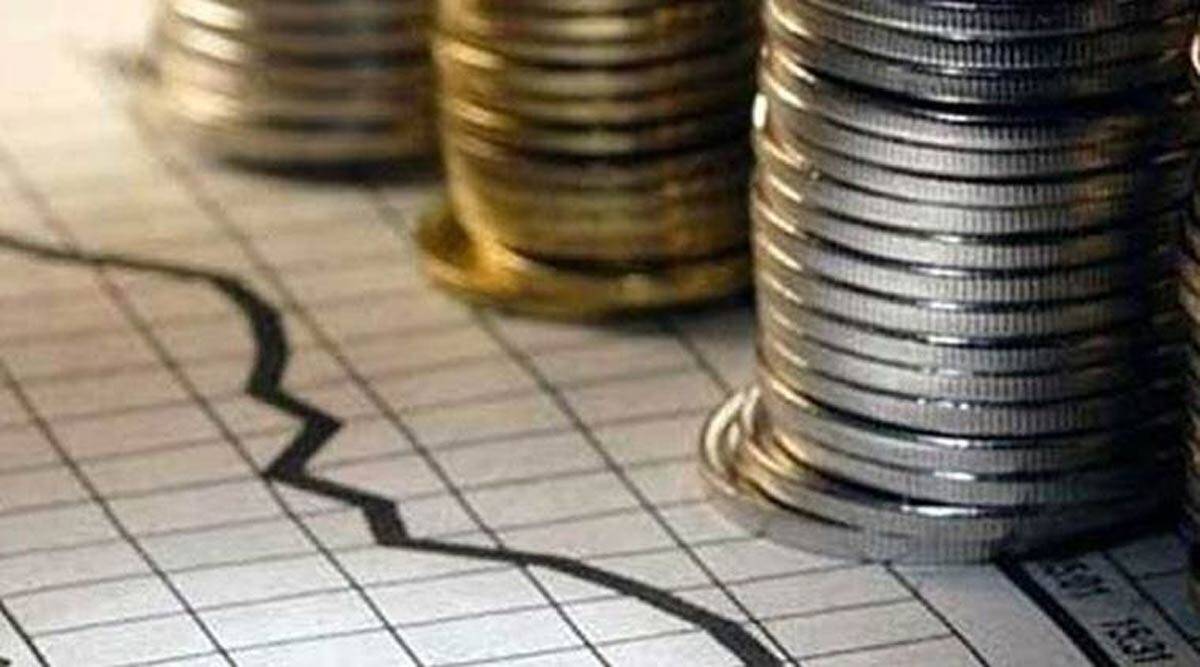 The central bank has adopted a “whatever it takes” stance to deal with the pandemic. (Representational)
The central bank has adopted a “whatever it takes” stance to deal with the pandemic. (Representational) (Written by Lekha Chakraborty and Harikrishnan S)
As per the recent GDP estimates, the Indian economy will grow at 9.2 per cent in 2021-22. However, this is lower than the Reserve Bank of India’s estimate of 9.5 per cent made in December last year. The nominal GDP is estimated to grow at 17.6 per cent. These GDP estimates published ahead of the Union budget 2022-23 are significant as they will be used for fiscal projections. The economy is expected to recover to its pre-Covid level by the end of this fiscal year. The country’s growth trajectory will, however, largely depend on the government’s fiscal policy that must account for the limitations of the monetary policy in triggering a recovery.
The central bank has adopted a “whatever it takes” stance to deal with the pandemic. The status quo has been maintained on key policy rates over several monetary policy committee (MPC) decisions. Though the RBI has not yet “formally” announced any “normalisation procedure”, it is absorbing excess liquidity through raising the cut-off yield rate of VRRR (Variable Rate Reverse Repo) and curtailing the G-sec acquisition programme. As Joseph Stiglitz and Hamid Rashid have pointed out in their article, ‘Which stimulus works?’, the liquidity-related stimulus policies implemented so far have had a low multiplier effect. This also implies that credit-related policies alone cannot lead a country out of the macroeconomic crisis. However, absorbing the excess liquidity that was injected as part of the pandemic response to stimulate the economy is necessary as there is the possibility of an increase in non-performing assets (NPAs).
There is mounting pressure on the RBI/MPC to increase the interest rates against the backdrop of taper tantrum and the possible interest rate hikes by the US Fed to prevent a capital flight. Globally, central banks have started increasing interest rates. However, no firm decision has been taken in India as an increase in the rate can affect the recovery.
Inflationary pressures are also mounting. The Wholesale Price Index (WPI) inflation has risen to a record high of 13.56 per cent in December 2021 as per the Ministry of Commerce and Industry’s data. At 5.59 per cent in December 2021, the Consumer Price Index inflation, though within the comfort zone of the inflation-targeting framework of 4 per cent with a band of plus/minus 2 per cent, is closer to the framework’s upper threshold.
Given these macroeconomic uncertainties, maintaining an accommodative fiscal policy stance in the upcoming Union budget is crucial for a sustainable recovery. The fiscal deficit as a percentage of GDP is expected to decline from 9.5 per cent in 2020-21 to 6.8 per cent in 2021-22. The RBI’s estimates suggest that revenue deficit pre-empted about 70 per cent of the gross fiscal deficit during the period 2018-19 to 2019-20, which increased further to 79 per cent in 2020-21 (RE) and 76 per cent in 2021-22 (BE). Thus, any attempt at fiscal consolidation at this juncture through compression in capital expenditure can adversely affect economic growth.
Public investment in infrastructure is a major growth driver. Bringing down the fiscal deficit to threshold levels can be detrimental to the recovery. The plausible “fiscal risks” arising from mounting public debt and deficits need to be tackled with a medium-term roadmap of fiscal consolidation, as an immediate deficit reduction can affect the recovery process. Considering that the impact of a credit-linked stimulus on the economy is limited, the significance of fiscal dominance cannot be underestimated. An accommodative fiscal stance to nurture recovery is critical at this juncture.
(Chakraborty is professor at NIPFP and Harikrishnan is an independent analyst)
- The Indian Express website has been rated GREEN for its credibility and trustworthiness by Newsguard, a global service that rates news sources for their journalistic standards.

